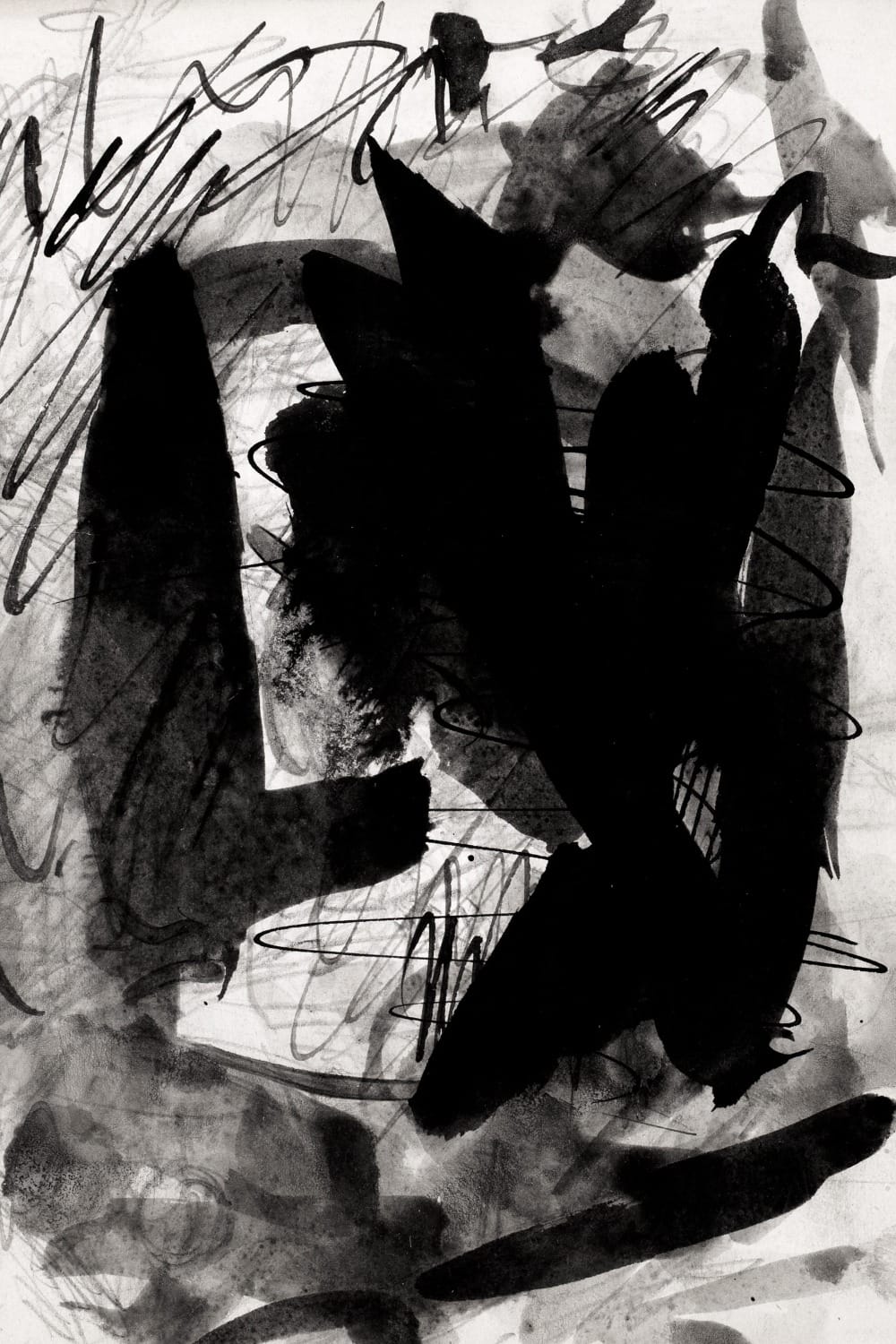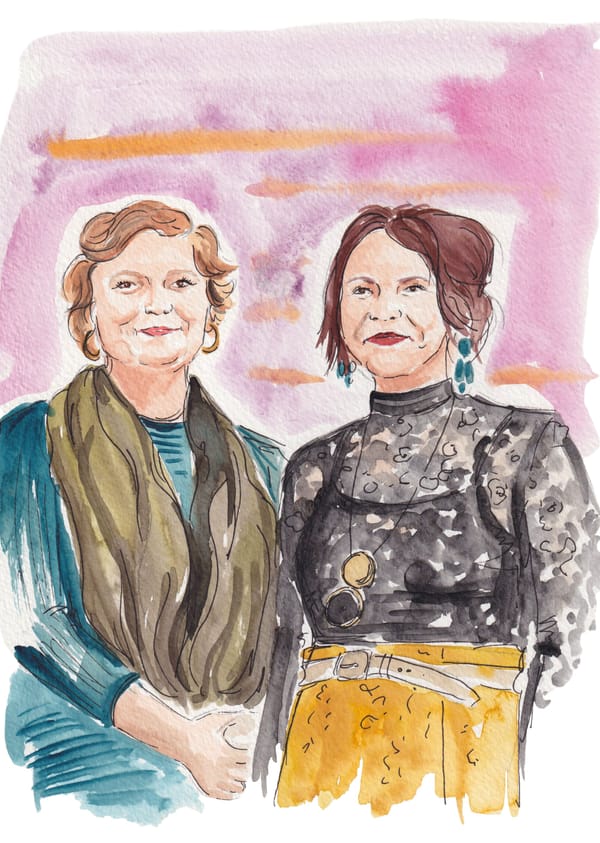Misogyny is the Hardest Word
Why don't we call out violence against women when we see it?

The Persistent is available as a newsletter. Sign up here to get it delivered to your inbox.
Two days after Joel Cauchi stabbed six people to death—five of them female—at the Westfield shopping center in Sydney, his motives were starting to become clear: He hated women. His parents have tearfully admitted that Cauchi, who suffered from schizophrenia, may have targeted women because he “wanted a girlfriend.”
Cauchi’s illness—his mother has said he “obviously was not in his right mind”—may have driven his killing spree, but stories of radicalised men committing these kinds of atrocities against women are not uncommon. The swing to the right of mainstream politics, and the rise of the incel movement, has made hating women—YouTube star Andrew Tate declaring himself “absolutely a misogynist” being a prime example—more normalized now than it has been in years. Cauchi’s actions are merely a symptom of a pernicious trend.
Add to this, reports of 14 women in New York City who, in the past month, have reported being punched in the face, seemingly at random, by different men.
Misogyny and gender-based violence are on the rise whichever way you look: At UK schools 70% of teachers reported an increase in sexist language in the past year. And a horrific 89,000 women were intentionally murdered in 2022 (more than half of whom were killed by a partner), the highest annual figure in almost two decades, according to UN Women.





